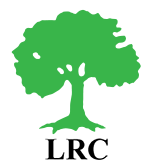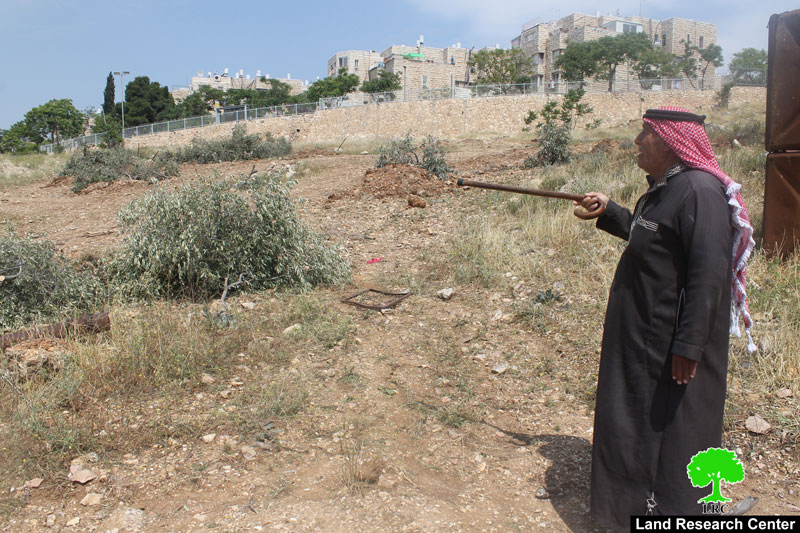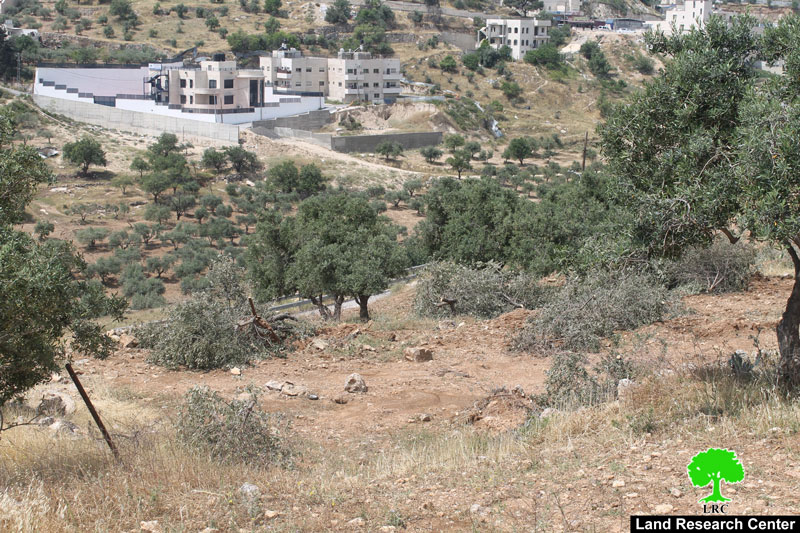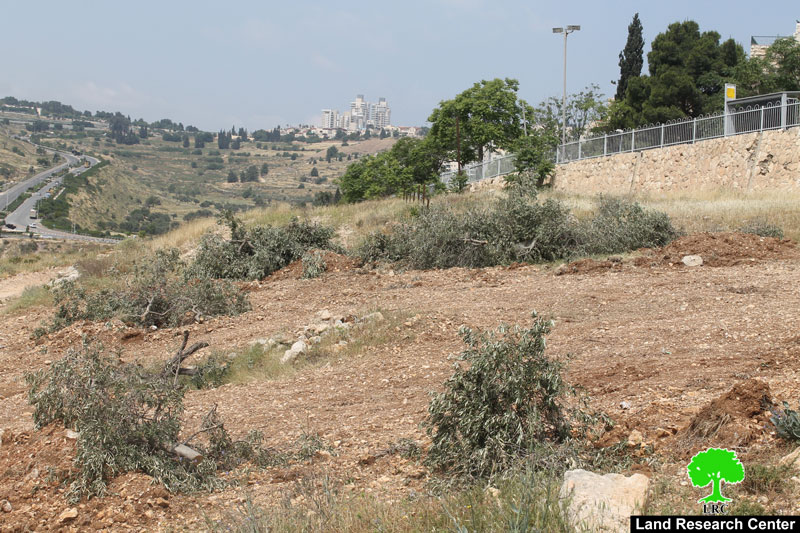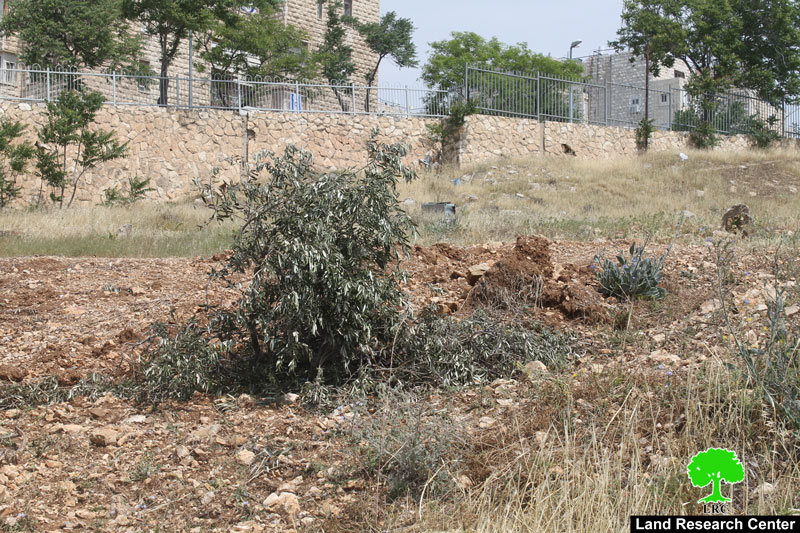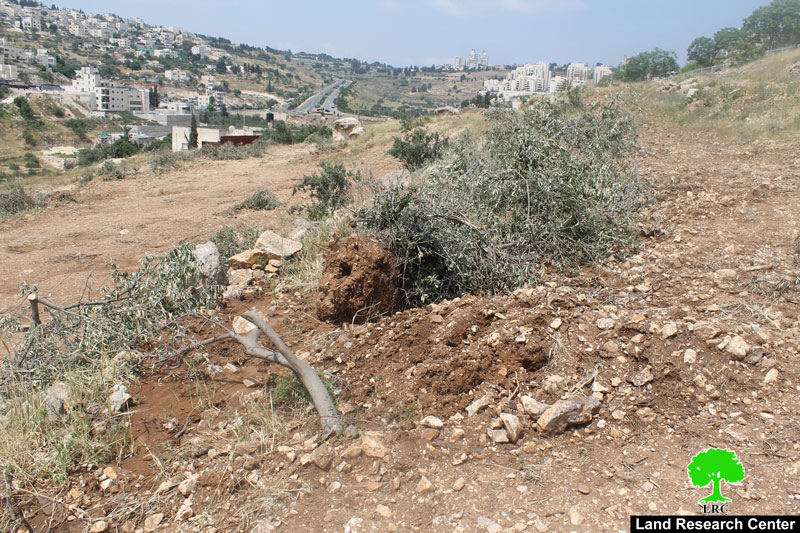Related
Israeli bulldozers raze land, uproot trees in East Jerusalem
Israeli occupation bulldozers razed on April 23, 2018 around 12 of 56 dunums of lands , in which the occupation authorities advertised for the construction of new residential units. Noteworthy, the lands belong to residents from the village of Sur Baher, to the southeast of occupied and are planted with hundreds of olive trees.
Sabri Nimr, an affected owner, said that bulldozers uprooted olive trees planted on 56 dunums, of farming land, adding that the trees and land belong to four local families and that the land has been planted for over 100 years with 500 olive trees, which landowners cultivate and harvest every year.
In 1972, Israeli authorities seized this land. The owners objected to the decision, showing land deeds proving their ownership of the land. The judge, in 1984, banned construction on the land but allowed owners to use it for farming purposes.
Until 2004, we cultivated the area and picked olives during each harvesting season from the whole area (56 dunums) without being harassed. Sometime in 2004, Israeli Occupation Authorities razed parts of the land to open a new road, which we objected to through lawyers Sami Irsheid and Hasan Ghanayem in the Magistrate Court.
Citizen Ahmad Nimr said that Israel announced its intention to build a settlement on the land 2010. The settlement was supposed to include 166 housing units exclusively for retired Israeli police and military members.
|
|
|
|
|
|
Land Research Center LRC sees that confiscation and dispossession are considered a violation of all the International conventions and Humanitarian laws including:
Article 17 of the (1948) Universal Declaration of Human Rights stating: “Everyone has the right to own property alone as well as in association with others. No one shall be arbitrarily deprived of his property.”
Section ‹G› of article 23 of the (1907) The Hague Conventions asserting: “In addition to the prohibitions provided by special Conventions, it is especially forbidden to destroy or seize the enemy's property, unless such destruction or seizure be imperatively demanded by the necessities of war.”
Article 53 of the Geneva Fourth Convention (1948) declaring: “Any destruction by the Occupying Power of real or personal property belonging individually or collectively to private persons, or to the State, or to other public authorities, or to social or cooperative organizations, is prohibited, except where such destruction is rendered absolutely necessary by military operations.”
Section 1, Article 11 of the International Covenant on Economic, Social and Cultural Rights (1966): “The States Parties to the present Covenant recognize the right of everyone to an adequate standard of living for himself and his family, including adequate food, clothing and housing, and to the continuous improvement of living conditions.
هذه الØالة جزء من أنشطة مشروع كنعان


